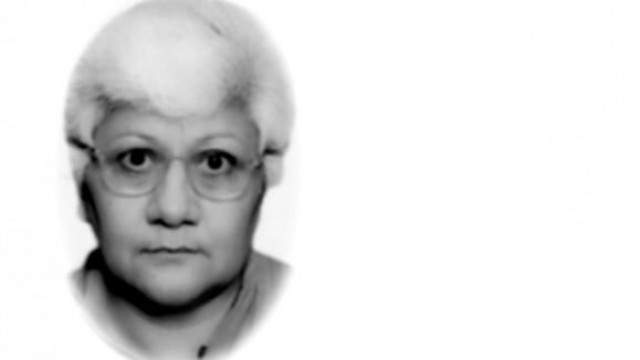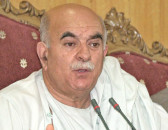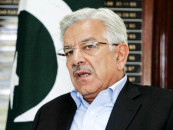Re-imagining the state

Re-imagining the state
The social contract is being transformed significantly, while the country is being refashioned into a federal parliamentary democracy. Nevertheless, some of the notions shaping the discourse are problematic and need to be critically examined.
Firstly, Pakistan’s public political space is awash with the idea that there should be a balance of power between the president and the prime minister so that neither becomes too powerful. This idea is inherently flawed. In a parliamentary democracy the president is a figurehead, a ceremonial head of state who symbolises the federation. The president in this system does not exercise real powers and is primarily a titular head, expected to be a unifying figure. Since he is indirectly elected he does not exercise any real authority beyond ceremonial duties. As he does not exercise real authority, he is also much less accountable for his actions than the prime minister who exercises real executive authority and is, therefore, completely accountable to the parliament.
The president is not answerable to the parliament and his removal through impeachment is also difficult. Needless to say, an indirectly elected president – whose accountability is an arduous process – should not have the power to dissolve a directly elected assembly of lawmakers. The prime minister, on the other hand, is directly elected by the people; he is a member of the parliament and answerable to it — he is also more easily removable through a vote of no confidence. Since his accountability is established, he can be trusted with authority. The constitution of Pakistan, as originally conceived, envisioned a trichotomy of powers — a separation of the powers to make laws (legislature), implement them (executive) and interpret them (judiciary). It did not envisage a troika — the president, the prime minister and the army chief.
The latter is a paid servant of the state and should have no role in legislation, policy making or interpretation. The army chief has to obey the orders of the elected civilian authority. The argument that there should be a balance between the powers of the president and the prime minister reflects an ideological confusion between a trichotomy and a troika.
Secondly, there is a tendency among some parties and thinkers to accord too much power to the non-elected and non-representative institutions of the state — the army and the judiciary. The army chief and the chief justice are senior state officials and are expected to perform their duties in accordance with the law and constitution. Any foray by either of them into the realm of lawmaking or implementation is a violation of the constitution. Irrespective of the level of public trust and respect commanded by the chief justice and the army chief, the parliament has the right to make law and amend the constitution.
There should be no role for either of these appointed officials in legislation or constitutional amendment. The suggestion that the opinion of the chief justice should be sought while making constitutional amendments is against the spirit of the separation of powers necessary for democracy. Thirdly, there is much public debate over the concept of provincial autonomy.
Certain non-elected institutions are reportedly against allowing what they consider too much provincial autonomy for fear that it would lead to secession and fuel ethnic nationalism. These powers appear to support a centralised state which they believe would engender unity. In reality, the opposite may be true. It is precisely by according maximum provincial autonomy, as envisioned in the Pakistan Resolution of 1940, that the survival of the state depends.
Pakistan was conceived as a state with autonomous and sovereign federating units and not as a centralised state dominated by any one ethnic group or non-elected institution. The centre gets its powers from the federating units, not vice versa. Once people are given a stake in the system, that is, control over their natural resources and the right to frame their own structure of rules and laws within the broad parameters of the constitution, they have no desire to secede.



















COMMENTS
Comments are moderated and generally will be posted if they are on-topic and not abusive.
For more information, please see our Comments FAQ